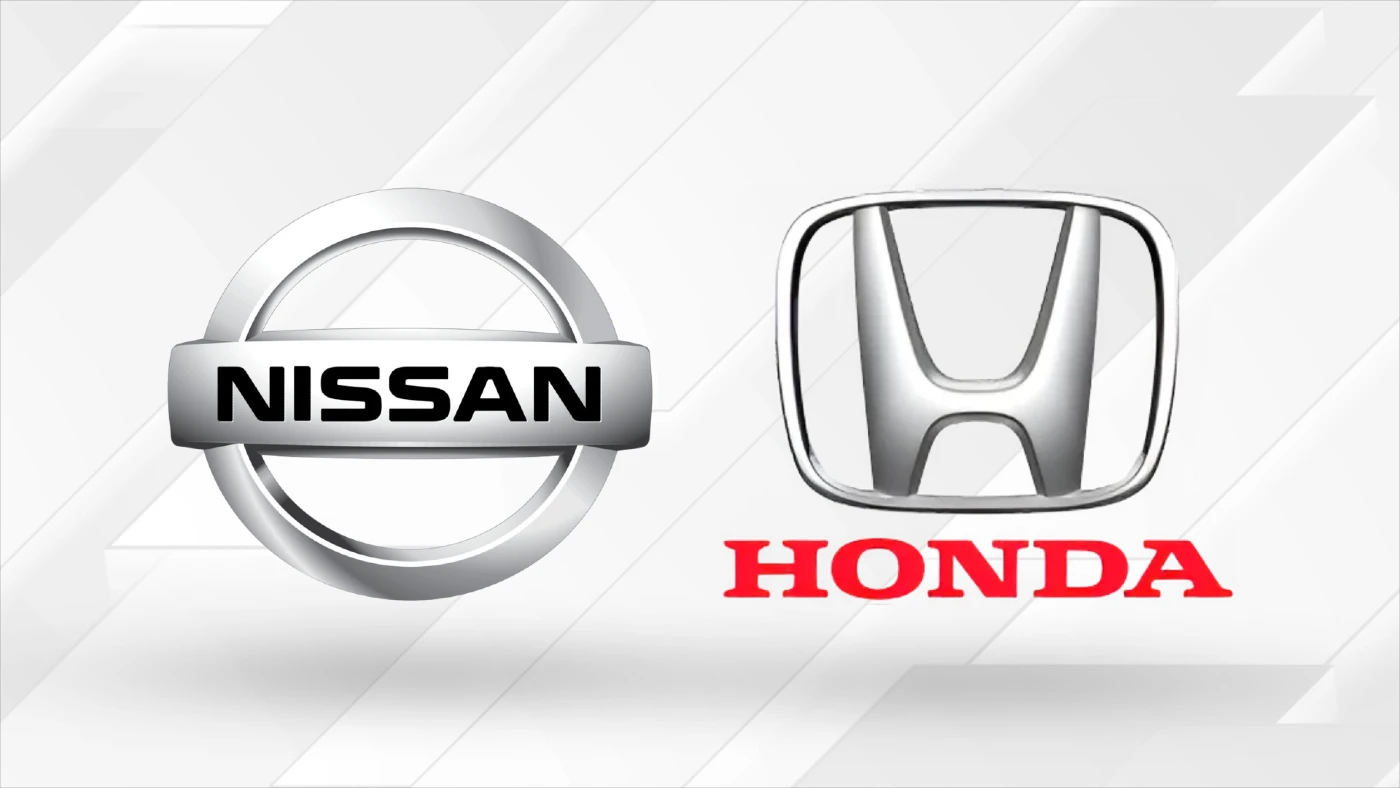Japanese carmakers Honda and Nissan are in talks for a potential merger which could bolster their efforts to compete with global EV leaders.
The talks, still at an early stage, have seen a number of options put on the table, including a potential merger that would create a new holding company to oversee their combined operations.
Honda is considering a capital tie-up or the establishment of a holding company, executive vice president Shinji Aoyama said on Wednesday.
There is a possibility of Mitsubishi Motors, part of the Nissan alliance, joining the venture, with the company’s shares surging 17 per cent after the news broke.
Honda’s statement came after reports overnight of talks between the carmakers. However, Mr Aoyama declined to provide any details about when a decision could be made.
The deal, if struck, could create one of the largest automotive groups in the world, and a single $52bn rival to Toyota in Japan. It could also give Honda and Nissan the scale and resources needed to accelerate their EV strategies.
For Nissan, the talks come amid ongoing financial trouble. The company has faced a sharp decline in profitability, with operating profits for the year forecast to fall by 70 per cent.
Honda is in a stronger financial position, but recognises the urgency of collaboration to remain competitive as the global shift towards electrification gathers pace.
The talks over a potential merger follow a collaboration earlier this year that saw Honda and Nissan agree to jointly develop EV technology, including software systems and battery platforms.
Nissan, whose fleet of electric vehicles includes Leaf, has struggled to maintain its early momentum in the EV market. Honda has committed to making all its sales electric or hydrogen-powered by 2040 but has faced challenges scaling up its operations.
A potential merger isn’t without risks, however. Analysts have expressed concerns over job losses and political resistance within Japan, where the automotive industry plays a key economic role.
Industry insiders suggest Japan’s government may have encouraged the talks as concerns grow about the ability of the country’s automakers to compete with the rapidly advancing Chinese EV rivals in EV production.
While there’s a chance no formal agreement would be reached, the ongoing talks show the growing pressure on traditional carmakers to consolidate to be able to compete.
“As announced in March of this year, Honda and Nissan are exploring various possibilities for future collaboration, leveraging each other’s strengths,” the carmakers said in a statement.
“If there are any updates, we will inform our stakeholders at the appropriate time.”



